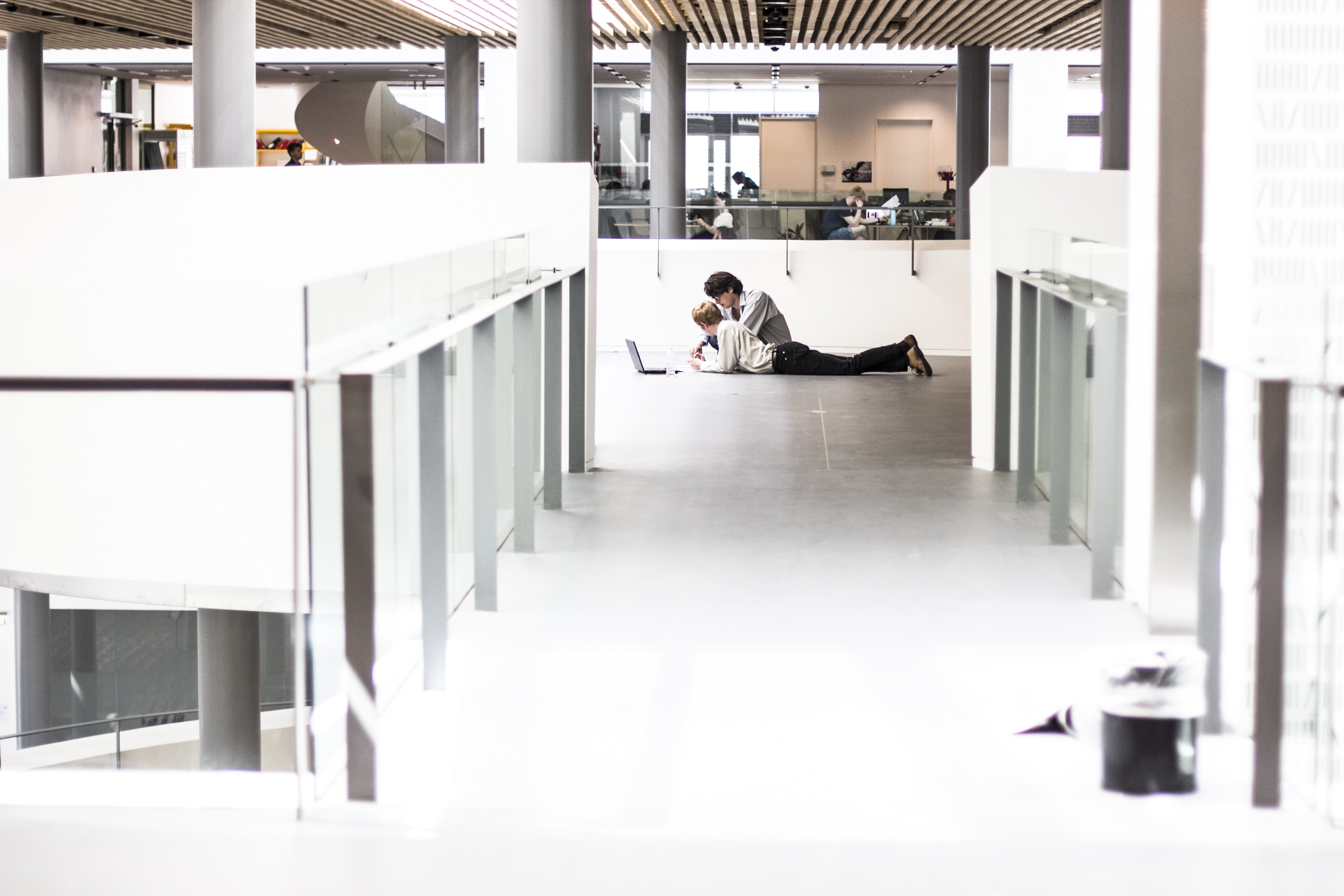Practical information

Since February 2022, the Danish society has reopened, and today Covid-19 has very little influence in our daily life. However, the University of Copenhagen (UCPH) is monitoring the situation in close collaboration with the Danish authorities.
Make sure that you keep yourself updated on the latest news on the Danish authorities joint COVID-19 website. It is your own responsibility to stay updated on the newest information about guidelines and regulations from the Danish authorities.
If you have any questions for the Danish authorities, you will find their contact information here: the Danish authorities joint COVID-19 website: Contact and hotlines
Entry into Denmark
For the most up-to-date official information on travelling to Denmark, including details on entry restrictions, country categories, and testing and isolation requirements, please visit the Danish authorities joint COVID-19 website: Entry into Denmark.
UCPH COVID-19 information
We ask our incoming international students to contact us, should they have any concerns or questions, and in general, familiarise themselves with the information on following UCPH pages:
COVID-19: Information for master students at UCPH
COVID-19: Information for exchange and guest students at UCPH
For updates on UCPH's COVID-19 response relevant for enrolled students, please log in to the UCPH intranet (KUnet).
KUnet
KUnet is the University of Copenhagen's intranet. On KUnet, you can find key study information and access your UCPH student e-mail, Absalon e-learning platform and Self Service (for course registration).
In order to access KUnet, you need a password that will be sent to you by IT services in an e-mail. Once you gain access to KUnet, you will be able to order your Student ID card through the Self Service.
UCPH IT: Your UCPH username and how to activate it
Multi-factor authentication (MFA)
As part of a number of security measures to make UCPH one of the safest universities in the world, logging in to KUnet, including the Self Service and group rooms, will require multi-factor authentication (MFA) from mid-August.
It is important that you register before the week starting 9 August 2021, and preferably as soon as possible. Otherwise, you will not be able to log in to KUnet and access key digital platforms and services. All admitted students will receive an email with the necessary instructions, which you can also find here: UCPH IT: Help for multi-factor authentication (MFA)
If you experience problems registering your chosen multi-factor authentication, please can contact UCPH IT Support.
Absalon
Absalon is your digital e-learning environment. Here you will receive reading lists, changes in your study plan, and so on. Absalon is also, where you will find the Orientation venue, providing you with further information about studying at UCPH as an international student.
You access Absalon via My System Access on the frontpage of KUnet or directly via https://absalon.ku.dk/ once you have activated your UCPH username.
Your university e-mail account (KU-mail)
As a student at UCPH, you have their own personal university email account/alumni email.
As a student at UCPH, you will need a student ID card. Your ID card is used for:
- Accessing campus buildings
- Examinations
- Printing
- UCPH library card
- Student discounts
How to order your ID card
To order your student ID card, log in to KUnet and go to the Self Service menu, where you will be asked to upload a passport-style photo of yourself. The photo must be exactly 200x200 pixels and in JPEG/JPG format.
Getting your ID card
When your ID card is ready, you will receive an e-mail with more information about when and where you can collect it. If you have a Danish address, you will get your ID card directly in the post. Your ID card will be ready in about 3-4 weeks.
Please visit UCPH IT: Student ID card for further information.
Copenhagen has positioned itself comfortably among the most liveable cities in the world. According to the Global Liveability Index, education and infrastructure are parameters where Denmark’s capital stands out as excellent. The housing situation – especially in July, August and September – tends to be a bit challenging. A range of options exist, though. Flexibility, savings and starting your room hunt early will get you far.
Danish universities do not have a tradition for on-campus housing, since student residence halls are neither owned nor operated by Danish universities. The Faculty of Humanities is unfortunately unable to guarantee and facilitate student housing.
Due to the limited number of available dorms, rooms and apartments in the Greater Copenhagen area, finding long-term accommodation can be difficult. We advise students to begin the search for housing in Denmark as soon as they have accepted an offer of admission.
Please visit the 'Housing' on International Education's Living in Copenhagen page for visiting students.
Please familiarise yourself with the 'Health and Safety' section on International Education's Pratical matters page for visiting students.
